Table of Contents
ToggleIntroduction
Hydroponic gardening is an innovative method of growing plants without soil, using nutrient-rich water solutions instead. This technique offers numerous advantages, such as faster plant growth, higher yields, and the ability to grow plants in limited spaces. However, ensuring plant health in a hydroponic system requires careful attention to several critical factors.
From choosing the right system and using high-quality nutrients to maintaining optimal water temperature and proper aeration, each step is essential.

In this article, we will explore various hacks and tips to help you improve plant health in your hydroponic garden, ensuring your plants thrive and produce abundantly.
Whether a beginner or an experienced gardener, these insights will help you achieve a flourishing hydroponic setup.
Choose the Right System
The first step to a successful hydroponic garden is choosing the right plant system. There are several types of hydroponic systems, including:
- Deep Water Culture (DWC)
- Nutrient Film Technique (NFT)
- Aeroponics
- Ebb and Flow
- Drip System

Each system has its advantages and is suitable for different types of plants. For instance, leafy greens like lettuce and spinach thrive in a DWC system, while tomatoes and peppers do well in an NFT system. Research and select the system that best fits your plant’s needs.
Use High-Quality Nutrients
Plants in hydroponic systems rely entirely on nutrient solutions for their growth. Using high-quality nutrients is crucial for healthy plants.
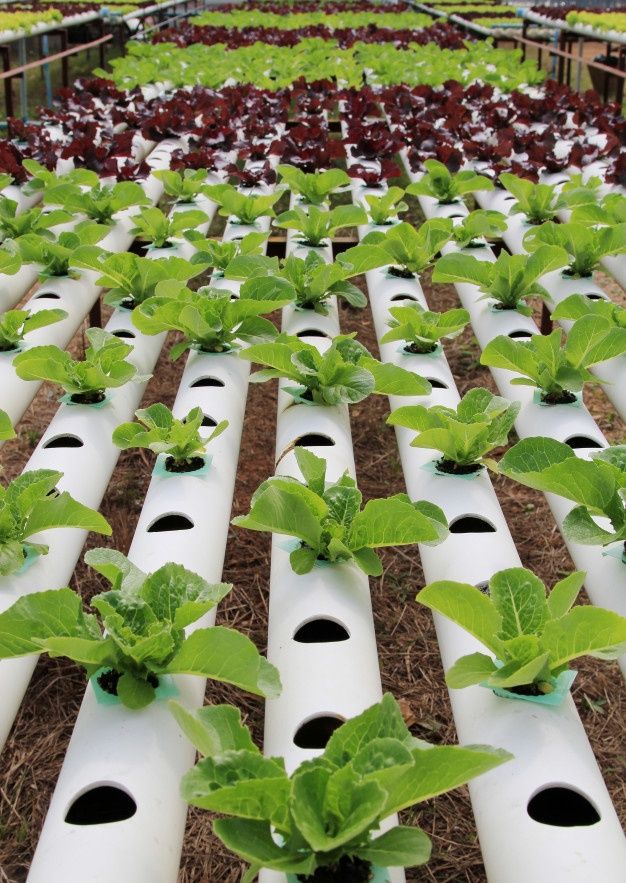
Ensure the nutrient solution is balanced and provides all essential macro and micronutrients.
Regularly monitor and adjust the pH levels to keep the nutrients available to the plants. A pH range of 5.5 to 6.5 is ideal for most hydroponic plants.
Maintain Optimal Water Temperature
Water temperature plays a significant role in plant health in hydroponics. The ideal water temperature range is between 65°F and 75°F (18°C to 24°C).
Temperatures outside this range can stress plants, reduce nutrient uptake, and increase the risk of diseases. Use a water chiller or heater to maintain the right temperature.
Ensure Proper Aeration
Oxygen is crucial for plant roots in hydroponic systems. Proper aeration helps roots absorb nutrients more effectively and prevents root rot. Use air pumps and air stones to increase oxygen levels in the water.
Ensure the roots have enough space and are not overcrowded to allow for adequate airflow.
Monitor and Control Light
Light is another essential factor in hydroponic gardening. Plants need the right amount and type of light for photosynthesis.
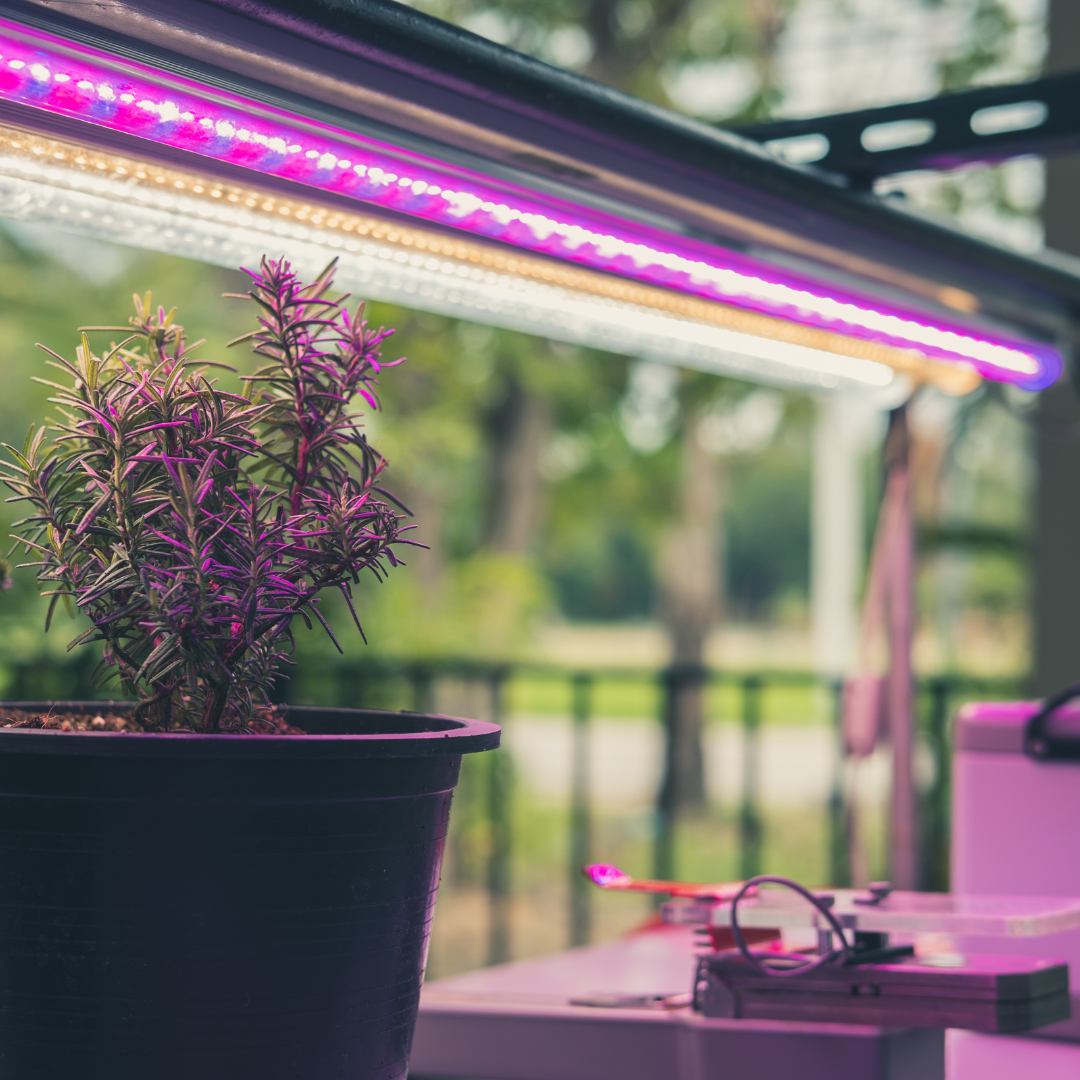
LED grow lights are a popular choice for hydroponics because they are energy-efficient and can be adjusted to provide the optimal light spectrum for plant growth. Ensure your plants receive 14-16 hours of light per day for healthy growth.
Implement Integrated Pest Management
Even in a soilless environment, pests can be a problem in hydroponic gardens. Integrated Pest Management (IPM) is a comprehensive approach to controlling pests that combines biological, physical, and chemical methods.
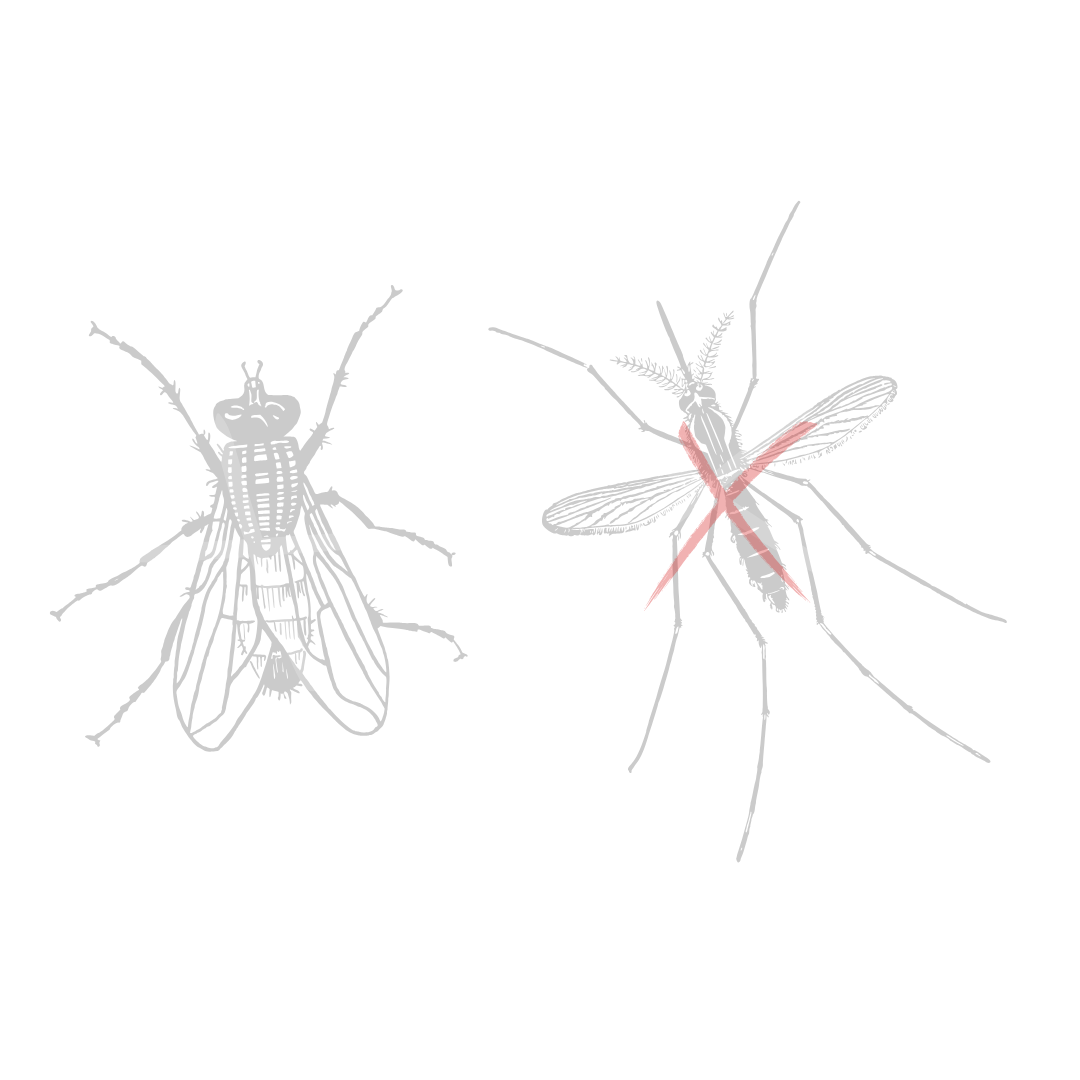
Introduce beneficial insects like ladybugs and predatory mites, use insecticidal soaps, and maintain a clean growing environment to prevent pest infestations.
Regularly Inspect and Prune Plants
Regular inspection and pruning of plants are vital to maintaining plant health. Check your plants daily for signs of disease, nutrient deficiencies, or pest infestations.
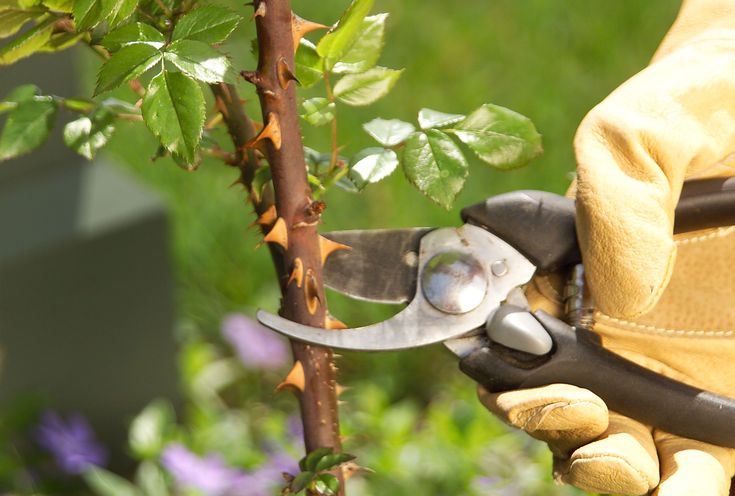
Prune dead or diseased leaves and stems to prevent the spread of diseases and to encourage healthy growth. Pruning also helps improve air circulation around the plants.
Maintain Cleanliness and Hygiene
Keeping your hydroponic system clean is crucial for preventing diseases and promoting plant health. Regularly clean and disinfect all components of your system, including tanks, pipes, and grow trays. Use a mild bleach solution or hydrogen peroxide to sanitize your equipment.
Cleanliness reduces the risk of pathogens and keeps your plants healthy.
Optimize Nutrient Solution Circulation
Proper circulation of the nutrient solution is essential for delivering nutrients to plant roots effectively. Ensure your pump is functioning correctly and that there are no blockages in the system.
Regularly check and replace filters to maintain optimal flow. Good circulation helps prevent nutrient buildup and ensures even distribution of nutrients.
Adjust Nutrient Concentrations
Different plants have varying nutrient requirements. Adjust the concentration of your nutrient solution according to the growth stage and type of plants you are growing.
Seedlings and young plants require lower nutrient concentrations, while mature plants need higher concentrations. Over-fertilization can harm plants, so always follow recommended guidelines.
Use Beneficial Microbes
Beneficial microbes can significantly improve plant health in hydroponic systems. These microorganisms help break down organic matter, making nutrients more available to plants.

They also promote root growth and protect against harmful pathogens. Add microbial supplements to your nutrient solution to boost plant health and growth.
Implement a Regular Maintenance Schedule
Consistency is key in hydroponic gardening. Implement a regular maintenance schedule to ensure all aspects of your system are functioning optimally.

This includes checking pH and nutrient levels, cleaning equipment, inspecting plants, and adjusting light and temperature conditions. Regular maintenance prevents problems and keeps your garden thriving.
Monitor Electrical Conductivity (EC) Levels
Electrical Conductivity (EC) measures the concentration of nutrients in your hydroponic solution. Monitoring EC levels helps you maintain the right nutrient balance for your plants.
Use an EC meter to regularly check the levels and adjust the nutrient solution as needed. Proper EC levels ensure your plants receive the right amount of nutrients.
Use pH Up and pH Down Solutions
Maintaining the correct pH level is crucial for nutrient uptake in hydroponic systems. pH Up and pH Down solutions are essential tools for adjusting the pH of your nutrient solution.
If the pH is too high or too low, your plants won’t be able to absorb nutrients effectively. Regularly test the pH and adjust it using these solutions to keep it within the optimal range.
Practice Crop Rotation
Crop rotation isn’t just for soil gardening; it can be beneficial in hydroponics too. Rotating crops helps prevent nutrient depletion and reduces the risk of pests and diseases.
Plan your planting schedule to include different types of plants in your system. This practice keeps your nutrient solution balanced and your plants healthy.
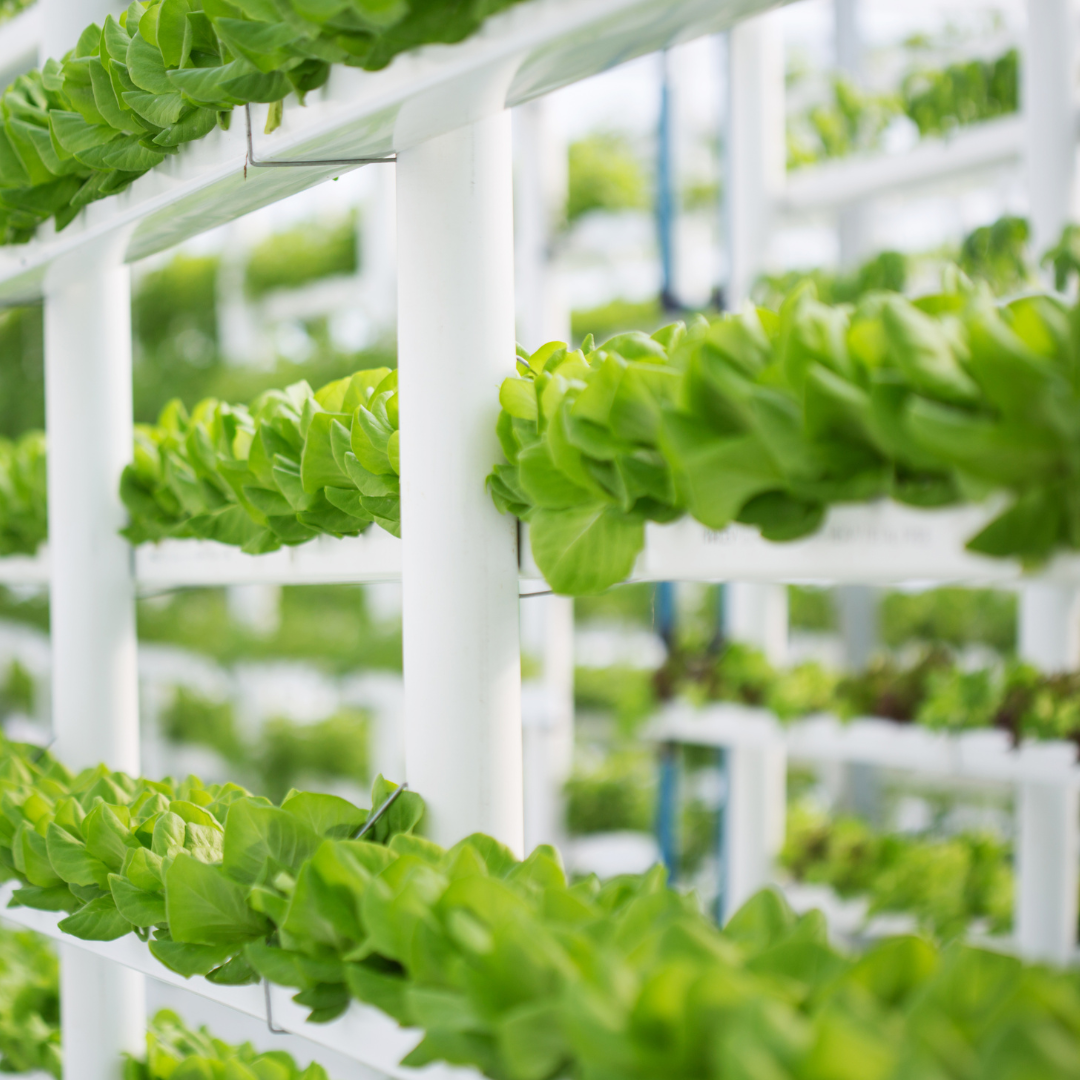
Choose Disease-Resistant Varieties
Select plant varieties that are resistant to common diseases in hydroponic systems. Disease-resistant plants are less likely to succumb to infections, reducing the need for chemical treatments.
Research and choose varieties known for their resilience and adaptability to hydroponic growing conditions.
Maintain a Backup Power Source
A power outage can be disastrous for a hydroponic garden, as pumps and lights are essential for plant survival. Invest in a backup power source, such as a generator or battery backup system, to keep your garden running during power interruptions.
This ensures your plants continue to receive nutrients and light without interruption.
Conclusion
Hydroponic gardening offers many benefits, including faster plant growth, higher yields, and the ability to grow plants in limited spaces.
However, maintaining plant health requires careful attention to several factors, including nutrient management, temperature control, and pest prevention.
By following these hacks and tips, you can ensure your hydroponic garden thrives and produces healthy, vibrant plants. Happy gardening!
